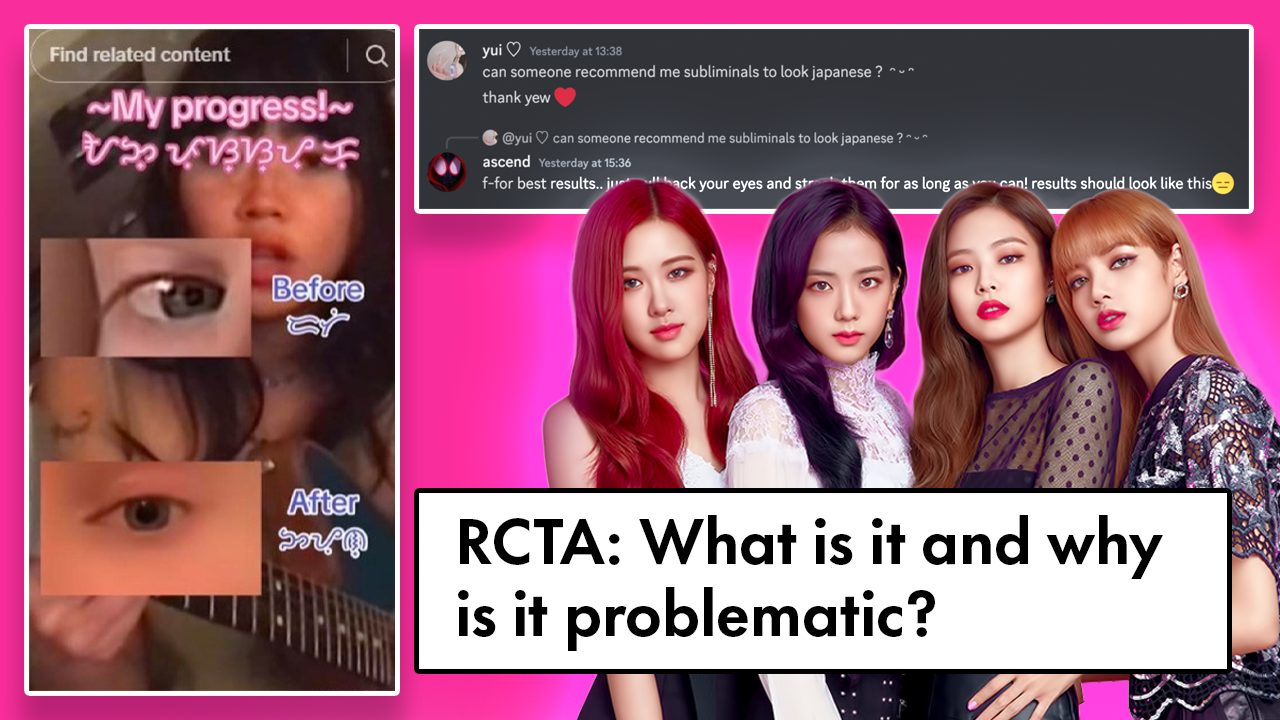
RCTA: What is it and why is it problematic?
In the ever-evolving landscape of social media, a concerning trend has emerged: the rise of “Race Change to Another” (RCTA). At its core, RCTA involves individuals attempting to manifest physical changes in their appearance and genetics to adopt a different racial identity. This phenomenon is exemplified by stories like that of Alisa, a 15-year-old high school student who, under the alias Miyuki, listens to subliminal videos promising a transformation into a Japanese identity.
However, experts unanimously underscore the impossibility of changing one’s race. Despite the proliferation of subliminal videos on platforms like YouTube and TikTok, which claim to enable such transformations, the consensus remains clear: race is a cultural construct, deeply intertwined with systemic inequalities and historical legacies.
David Freund, a historian specializing in race and politics, highlights that the concept of “biological race” lacks scientific basis and is instead a product of inherited characteristics and cultural traditions. Moreover, the systemic racial hierarchy ingrained in societies renders the notion of changing races untenable.
The motivations behind RCTA vary, from a desire to connect with a different culture to internalized shame associated with one’s own racial identity. However, psychologists caution against trivializing racial identity and the complexities surrounding it. Tiq Milan, a Black transgender activist, emphasizes the distinction between racial identity and gender identity, rejecting comparisons between RCTA and transgender experiences.
Furthermore, RCTA raises critical concerns regarding cultural appropriation and fetishization. The disproportionate focus on East Asian traits within the RCTA community has drawn criticism for perpetuating harmful stereotypes and commodifying cultures. Scholars like Margaret Rhee caution against reducing cultural exchange to superficial transformations, urging respectful engagement instead.
Joy, a Korean American creator, sheds light on the privilege inherent in the pursuit of RCTA, contrasting personal experiences of racism with the superficial desire for a different racial identity. Additionally, the use of antiquated stereotypes in subliminal content underscores the problematic nature of this trend.
Despite criticisms and concerns, proponents of RCTA remain steadfast in their pursuit, advocating for individual autonomy. However, it is essential to recognize the broader implications of such endeavors and engage in meaningful discussions about racial identity and acceptance.
In navigating the complexities of racial identity, Kevin Nadal, a psychology professor, emphasizes the importance of introspection and dialogue. Ultimately, understanding and accepting one’s identity requires introspection and dialogue, rather than seeking superficial solutions.
In essence, while the allure of RCTA may stem from personal struggles or a fascination with other cultures, it is crucial to approach such matters with nuance and respect. True appreciation of diversity comes not from superficial transformations but from genuine understanding and empathy.









